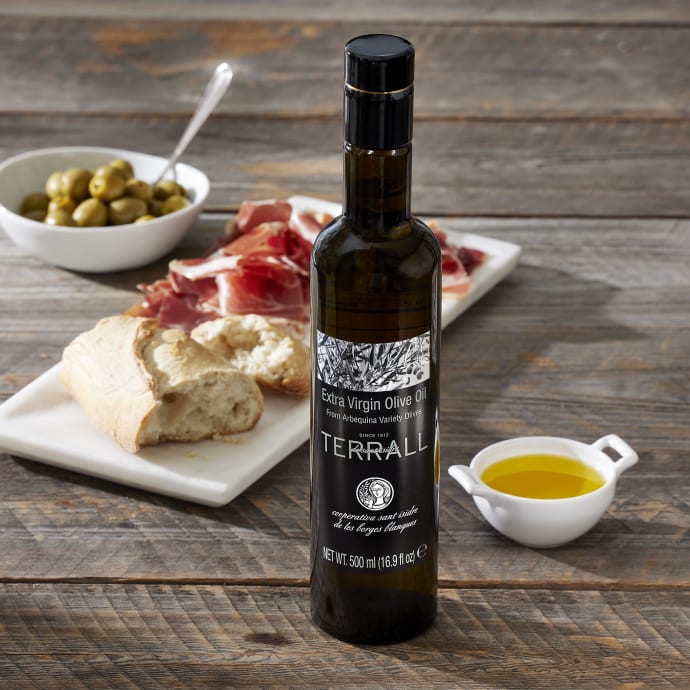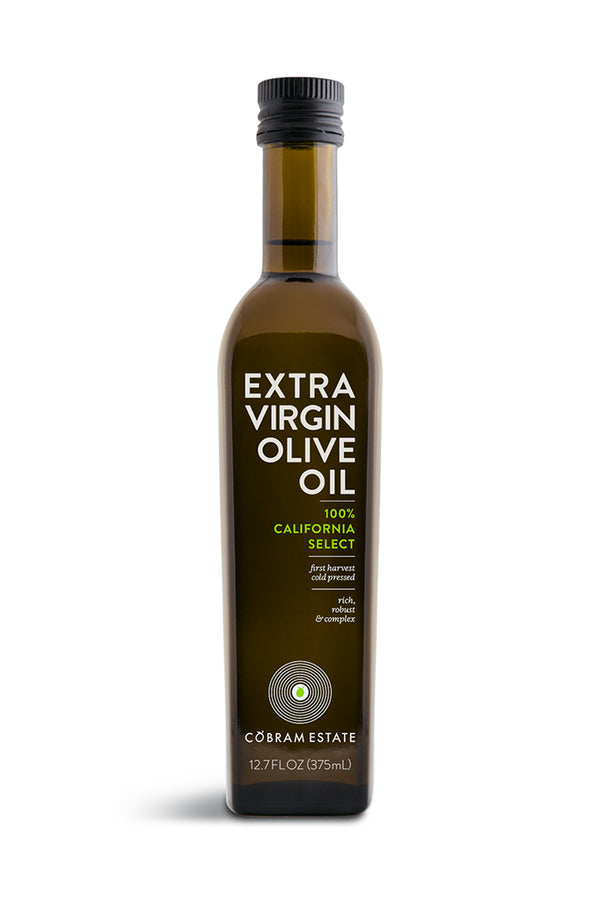Extra Virgin Olive Oil Benefits: The Secret to Healthier Hair and Nails
Discovering the Different Kinds Of Olive Oil and Their Usages, Including Extra Virgin Olive Oil
The expedition of olive oil includes a varied array of types, each offering cooking applications and distinctive flavors. Additional virgin olive oil, renowned for its premium quality and health and wellness advantages, serves as a staple in numerous cooking areas, yet it is only one facet of this diverse active ingredient.
What Is Olive Oil?
Originated from the fruit of the olive tree, olive oil is a staple in Mediterranean cuisine and a crucial active ingredient in various culinary applications. This flexible oil is generated by pushing whole olives, resulting in a liquid that varies in fragrance, taste, and shade depending on the kind of olives utilized, the region of growing, and the extraction procedure. Olive oil is mainly made up of monounsaturated fats, particularly oleic acid, which is known for its prospective health and wellness advantages, consisting of anti-inflammatory buildings and cardio assistance.
Along with its cooking uses, olive oil has a long background of application in traditional medicine and skin care, owing to its abundant antioxidant web content (extra virgin olive oil benefits). The oil is usually made use of in dressings, sauces, and for cooking techniques such as sautéing and roasting. Its unique flavor profile can enhance the taste of various recipes, making it an essential ingredient for both home chefs and specialist cooks
Moreover, olive oil is celebrated for its role in the Mediterranean diet, which is connected with countless health and wellness benefits. As awareness of these benefits expands, olive oil continues to gain appeal worldwide as a basic element of a healthy lifestyle.
Kinds Of Olive Oil
Recognizing the different kinds of olive oil is necessary for both health-conscious customers and culinary fanatics. Olive oil is categorized largely based on its removal technique and top quality, which substantially affects its health and wellness, taste, and aroma advantages.

Light olive oil, regardless of its name, describes a lighter flavor and not lower calories. It is ideal for those looking for a much more subtle preference in marinades and dressings. Furthermore, there are flavorful olive oils infused with herbs, seasonings, or citrus, which can improve dishes without the demand for extra seasoning.
Each kind of olive oil offers particular culinary objectives, and comprehending these differences permits consumers to make enlightened options that align with their food preparation styles and wellness goals.
Bonus Virgin Olive Oil
Bonus virgin olive oil (EVOO) is commonly considered the highest high quality olive oil available, popular for its rich taste and various wellness benefits. To be identified as additional virgin, the oil has to be created from fresh olives making use of mechanical processes, without using solvents or excessive warmth. This meticulous technique preserves the oil's natural tastes, antioxidants, and healthy and balanced fats, resulting in an item with a reduced acidity degree of much less than 0.8%.
EVOO is abundant in monounsaturated fats, specifically oleic acid, which is linked to decreased swelling and improved heart health and wellness. It additionally contains polyphenols, effective anti-oxidants that may provide safety results against chronic conditions. The taste profile of EVOO can vary dramatically depending on the olive range and area of manufacturing, varying from grassy and fruity to durable and sharp.

Culinary Uses of Olive Oil

In food preparation, olive oil can be utilized for sautéing, toasting, and grilling, offering a healthier choice to butter or various other fats. Its high smoke point makes it ideal for numerous cooking approaches, while its antioxidants add to a heart-healthy diet plan. Showering olive oil over completed meals, such as pasta, fish, or barbequed vegetables, can raise flavors and include a touch of style.
In addition, olive oil plays a substantial function in baking, where it can replace typical fats in dishes for bread and pastries, imparting dampness and a refined taste. It also offers as a base for instilled oils, enabling cooks to trying out flavors such as garlic, herbs, or chili, better broadening its culinary possibility. On the whole, olive oil's convenience makes it essential in both home you could try this out and specialist cooking areas.
Finding High Quality Olive Oil
When selecting top quality olive oil, it's necessary to think about several key aspects that influence the item's flavor, fragrance, and health and wellness advantages. Opt for additional virgin olive oil (EVOO), which is acquired from the first chilly pushing of olives and includes the highest possible degrees of antioxidants and helpful compounds. Search for oils that are licensed by identified organizations, as this commonly makes certain adherence to strict high quality criteria.
The packaging also plays a considerable duty in maintaining the oil's integrity. Choose oils kept in dark glass containers or tins to shield versus light degradation. Pay interest to the harvest date; fresher oils use premium taste and helpful site nutritional value, so select products that are within 18 months of their harvest.
In addition, think about the beginning of the oil. High-grade olive oils often come from particular regions known for their unique flavor profiles, such as Italian, Spanish, or Greek oils. Be aware of the taste; a good quality olive oil should have an equilibrium of fruity, bitter, and sharp notes, showing its splendor and intricacy. By examining these aspects, you can ensure you are choosing the most effective olive oil for your culinary demands.
Verdict
In recap, the exploration of numerous types of olive oil exposes distinct attributes and applications, with extra virgin olive oil standing for the pinnacle of high quality due to its reduced acidity and high antioxidant web content. Understanding the various varieties of olive oil enables for educated choices in food preparation methods, promoting much healthier practices while enhancing the total gastronomic experience.
Derived from the fruit of the olive tree, olive oil navigate here is a staple in Mediterranean food and a vital component in different cooking applications.The most common types of olive oil consist of refined olive oil, pure olive oil, and light olive oil.Additional virgin olive oil (EVOO) is commonly regarded as the highest high quality olive oil readily available, celebrated for its rich taste and countless health benefits. Choose for added virgin olive oil (EVOO), which is derived from the first chilly pushing of olives and has the highest levels of antioxidants and helpful substances.In recap, the exploration of various types of olive oil exposes unique attributes and applications, with added virgin olive oil standing for the peak of quality due to its low acidity and high antioxidant content.